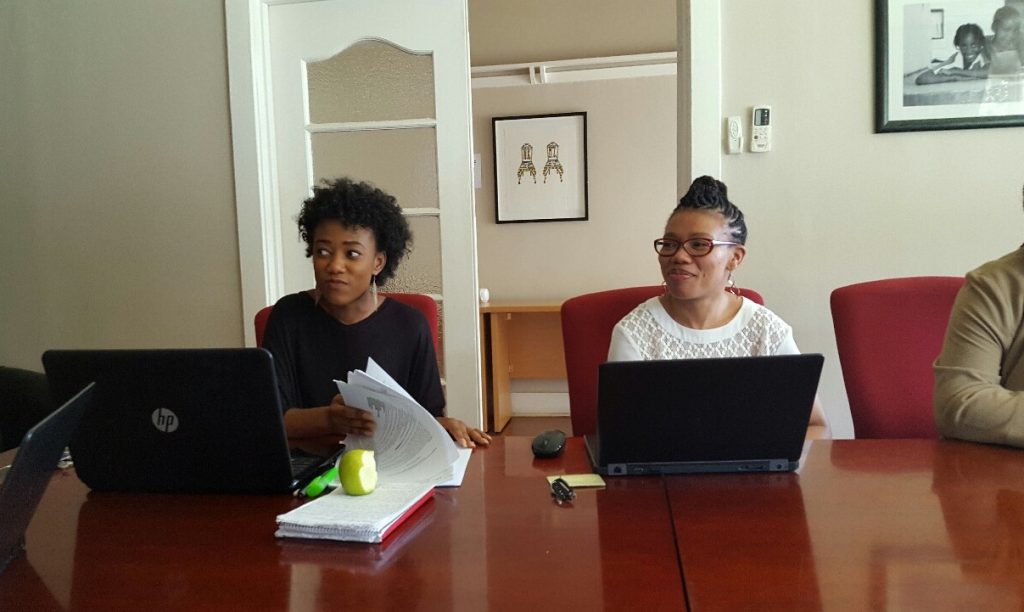Inclusive Development Activity for Mission Support (IDAMS)

Overview
- Objective: This USAID-funded partnership will pursue three objectives: (1) Increase USAID’s capacity to pursue an inclusive development approach through expanding knowledge of the needs of marginalized groups and inclusive development topics, (2) Reduce the barriers to developing and managing inclusive development projects, such as integration of inclusive development principles and efforts into broad development activities, and (3) Expand the general knowledge base of programming for marginalized groups.
- Initiative/Approach: The core activities of the partnership will entail monitoring, evaluation, research, and knowledge management. The voices of vulnerable populations will be included in the project design.
- Findings: The project is expected to generate evidence on the integration of marginalized groups into development programming.
Details
Making Cents
Global Social Development Innovations
Mathematica
Management Systems International (MSI)
Center for Victims of Torture
The Forest Stewardship Council Indigenous Foundation
The Williams Institute at UCLA
Contributors
Back to InitiativesInclusive Development Activity for Mission Support (IDAMS) is a five-year, $19 million project funded by USAID that focuses on integrating marginalized groups into development programming. A key aim of the project is to assist USAID in assessing the needs of marginalized and underrepresented groups worldwide, engaging with them and supporting their priorities. The project will be implemented with Making Cents, Global Social Development Innovations, Mathematica, Management Systems International (MSI), the Center for Victims of Torture, the Forest Stewardship Council Indigenous Foundation, and the Williams Institute at UCLA. The partnership will pursue three objectives: (1) Increase USAID’s capacity to pursue an inclusive development approach through expanding knowledge of the needs of marginalized groups and inclusive development topics, (2) Reduce the barriers to developing and managing inclusive development projects, such as integration of inclusive development principles and efforts into broad development activities, and (3) Expand the general knowledge base of programming for marginalized groups. The partnership’s scope of work will entail monitoring, evaluation, research, and knowledge management. These activities will include analyses and ensuring that the voices of vulnerable populations are included in project design. The target group of marginalized and underrepresented persons includes but is not limited to women, youth, children, families, and elderly persons facing adversities, persons with disabilities, LGBTQI+ people, displaced persons, migrants, indigenous peoples, minoritized racial, ethnic, and religious groups, and those who lack adequate mental health care.
